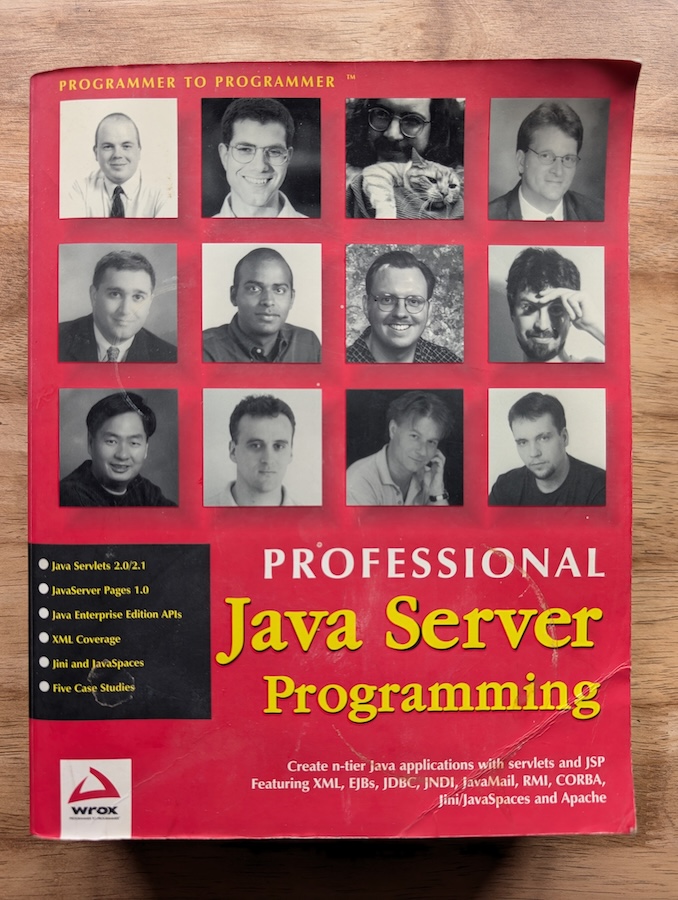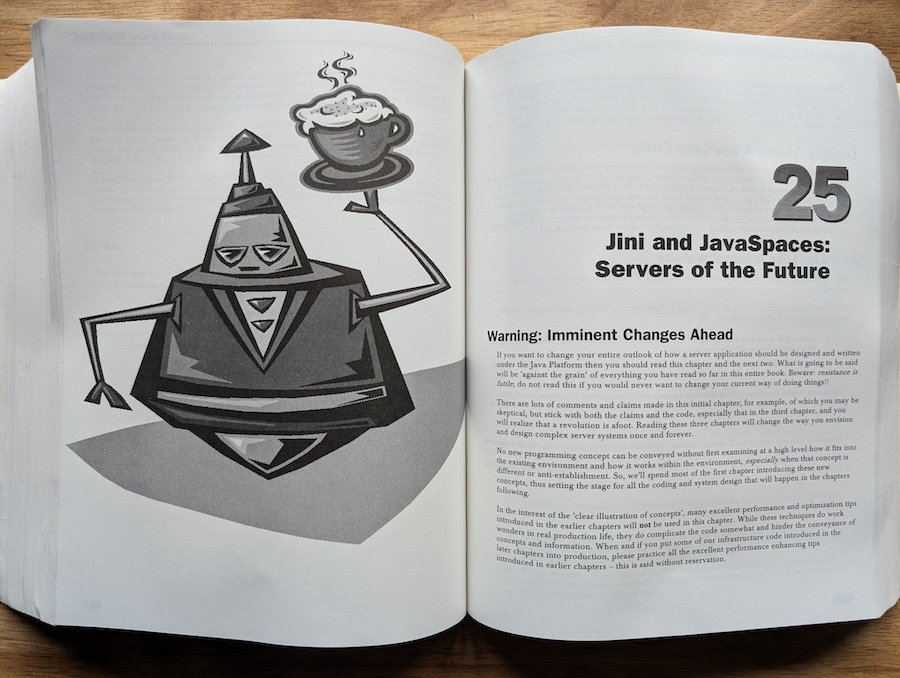On Saturday, the Joel Test turned 25 years old. This is a 12-question checklist to assess the quality of a software team. Many of its points are now universal, but it got me thinking about what might be on a modern Joel test.
The test was written by Joel Spolsky, then of Fog Creek Software, but better known now for Stack Overflow. According to Spolsky, 10-or-less out of 12 suggested serious problems. The Joel Test provided me with a useful set of questions to ask potential employers and helped me avoid some dodgy companies.
Some of the items on the test show how far programming has come in the last quarter century. Back then, not every team used source control, regular builds, or bug databases. A few other things are still not as common as they should be – not every company asks developers to write code during an interview.
What would I put on a modern Joel test? I would add active monitoring of production; early and regular review of software by product owners; documented onboarding processes for new hires.
Even though we’re in the early days of learning about GenAI, I think it’s already essential for teams and companies to provide training and hands-on experience with the new tools. Whether these produce a 10% or a 10x increase in developer output, they will become essential.
What other things are essential for a successful software development team?

